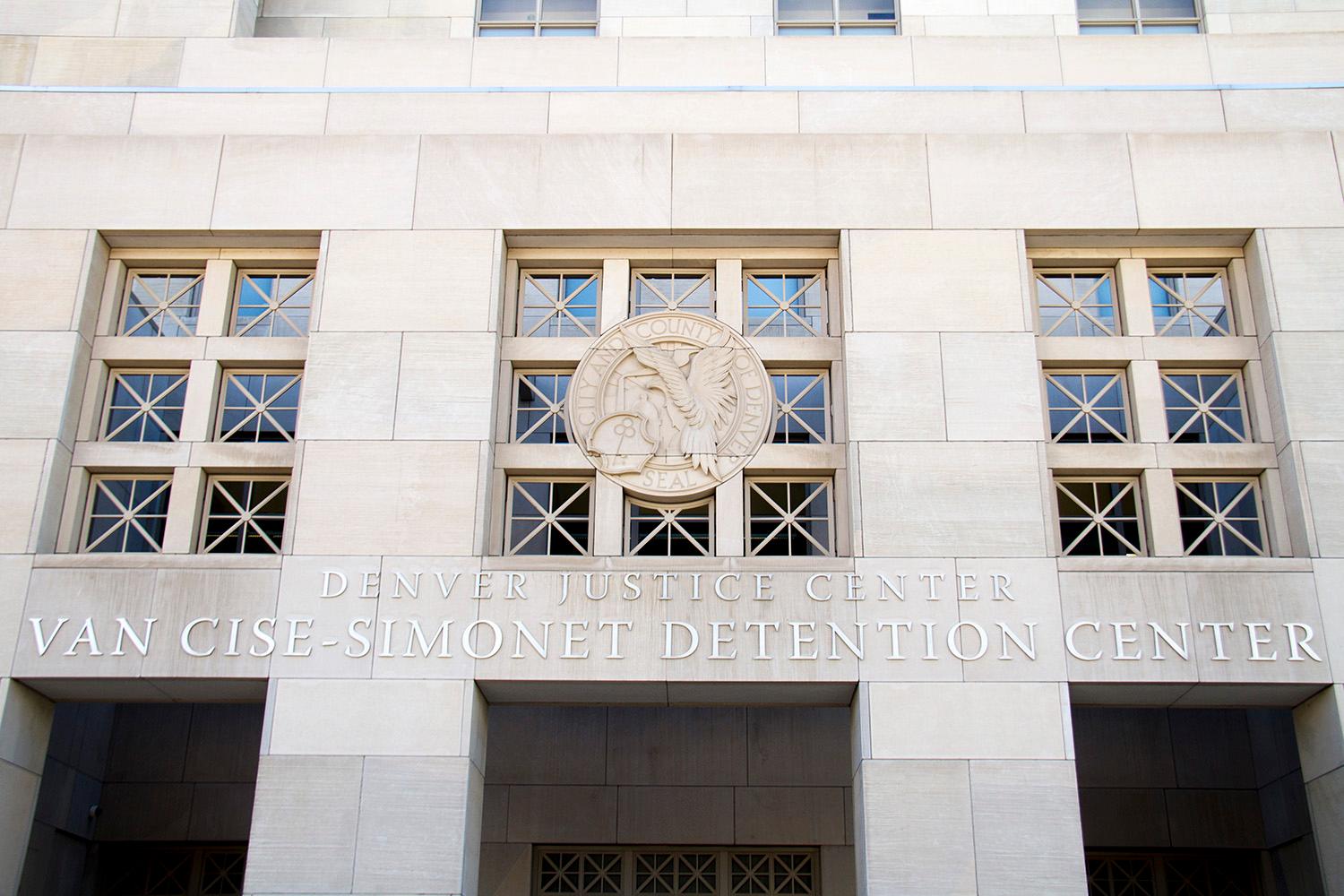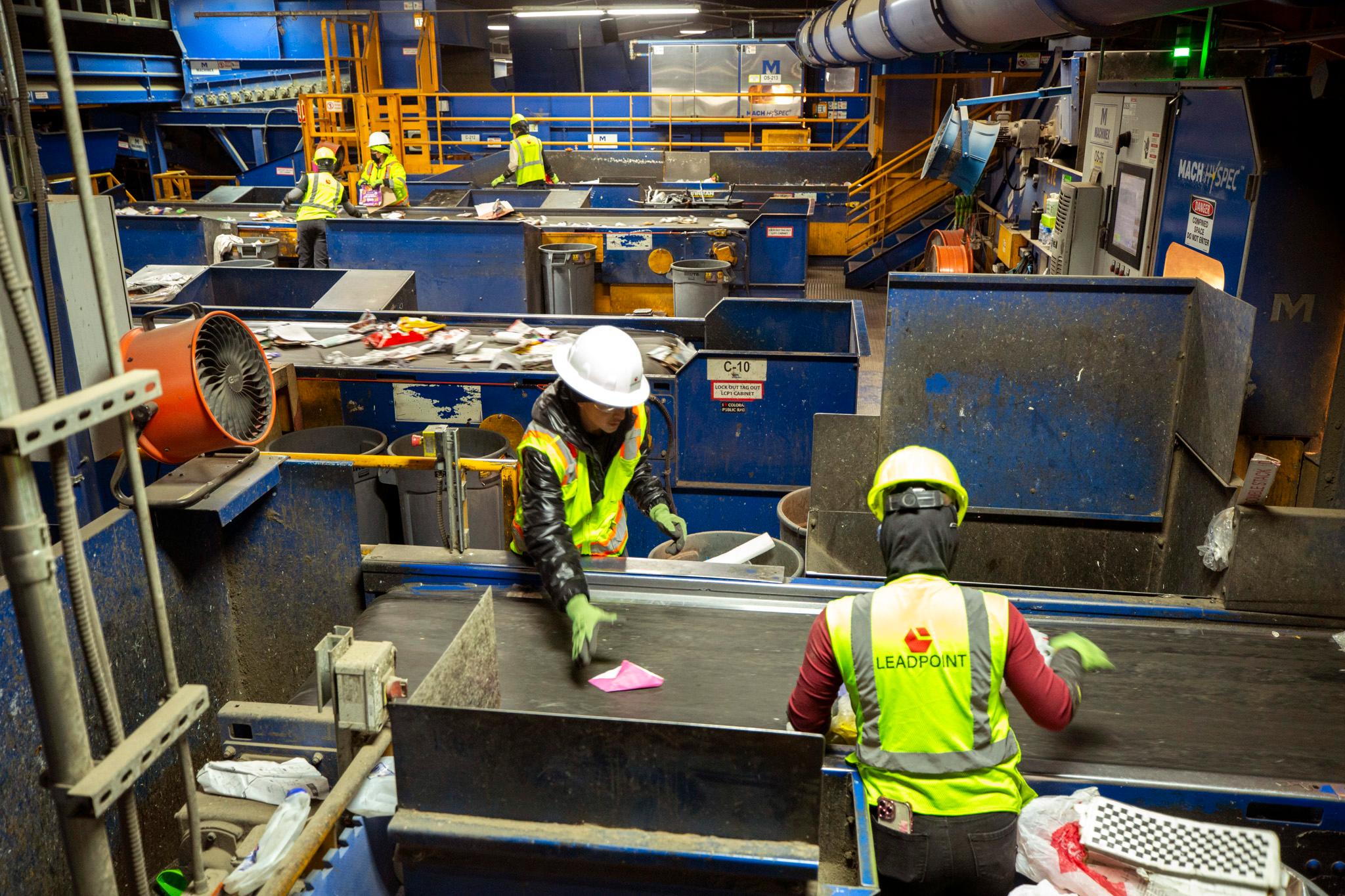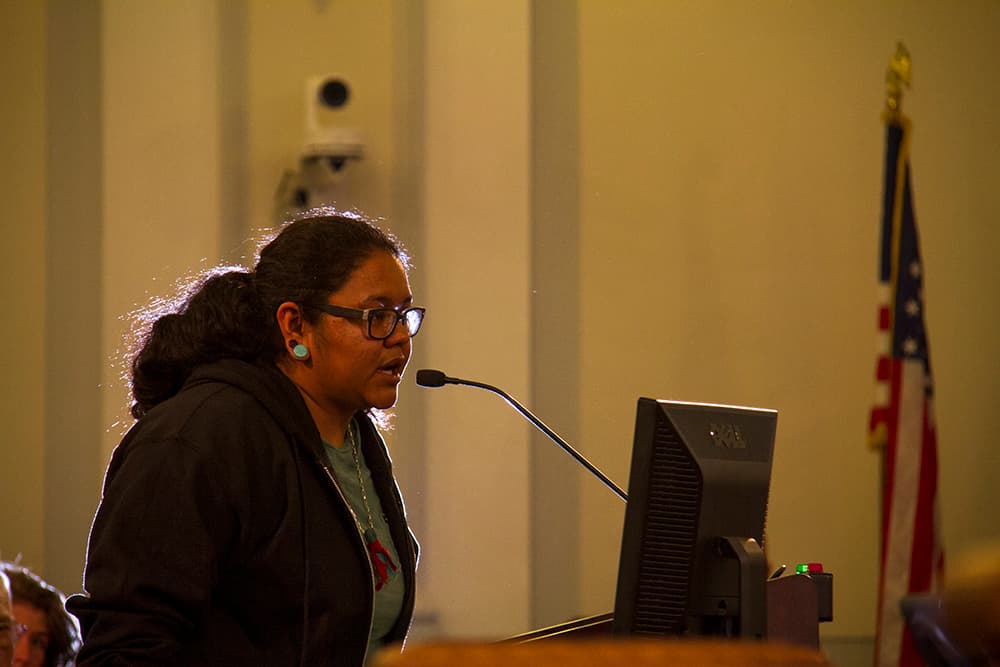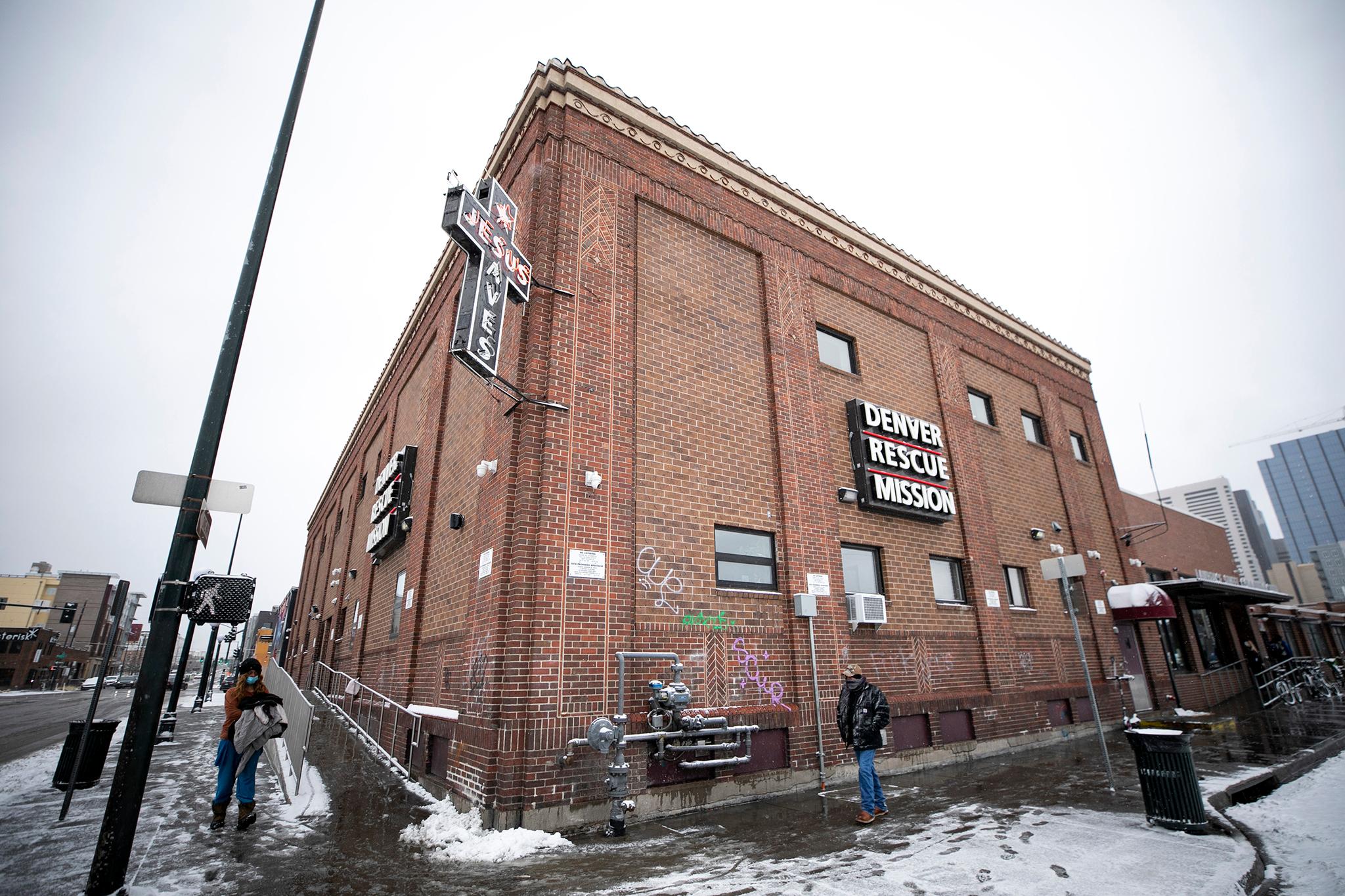
Since 2005, people held at Denver's detention centers haven't been able to visit in person with their friends and relatives, not even through a plexiglass barrier. Instead, inmates and their loved ones, including their children, must sit at separate video terminals in the jail housing area and in the jail lobby.
Denver Independent Monitor Nicholas Mitchell wants that to change. Citing research on the positive effects of visitation with family members, Mitchell said restoring it would not only be the humane thing to do but also has potential to improve inmate behavior in jail and reduce recidivism.
In his semi-annual report to the police and sheriff departments, released Wednesday, Mitchell said now, while the city is in the process of buying a new video conference system, is a good time to reconsider policy and practice.
"Before the city makes a long-term -- and possibly substantial -- financial investment in a jail video visitation system, the Office of the Independent Monitor recommends that the Denver Sheriff Department begin developing a plan to reinstate in-person visits in Denver's jails," he wrote. "We understand that there would be operational, financial and architectural challenges associated with such a change. The OIM stands ready to assist the DSD in whatever we can to help resolve these issues."
Denver is in the process of negotiating a $1.4 million, 5-year contract with Securus for a new system. Securus is a major player in video visitation and one often called out by advocates for the restrictions it imposes on county jails and the high fees it charges inmates and their families. The contract is supposed to be finalized by the end of the year.
Daelene Mix, a spokeswoman for the Denver Department of Safety, says there are good reasons the jail moved to video visitation in 2005. In-person visits sometimes resulted in contraband being smuggled into the jail, and there sometimes were problems in domestic violence cases.
However, the department is open to discussing restoring some in-person visitation. It's an idea that's also come up through the ongoing reform process at the Denver Sheriff's Department.
"There is a wide spectrum of considerations that would have to be taken into account, but we are open to discussing it," she said. "Anything that supports healthy relationships is something we want to support."
As an example, Mix said female inmates are allowed to record themselves reading bedtime stories so their children can hear their voices.
That "wide spectrum of considerations" includes that the current facility isn't set up for in-person visitation and the jail doesn't staff for it. There would be budget implications -- that is, it would cost money to restore in-person visitation.
Mitchell said that's a good reason to talk about this before the city finalizes a contract for a new video visitation system. What deputies, inmates and families need will be different depending on the policies set by the sheriff's department -- and that might change what the city decides to spend on a new video system.
Mix called video visitation the "industry standard," but preventing in-person visitation is not considered best practice by the American Correctional Association, which says technology should supplement, not replace, in-person visitation. The Colorado Department of Corrections, whose inmates -- unlike jail inmates -- have all been convicted of felonies, allows in-person visitation and some physical contact like holding hands and a brief embrace between inmates and visitors.
It's true that there's been a move toward video-only visitation in corrections institutions around the country. In a 2015 report called "Screening Out Family Time," the Prison Policy Initiative documented the practices of for-profit companies that provide video visitation technology, often installing it at no cost to the jail and charging family members fees as high as $1.50 a minute to use it. According to research by the Prison Policy Initiative, Securus often requires jails it works with to ban or limit in-person visits as a condition of the contract to force people to use the video system. However, Mix said there is nothing in the contract with Denver that would preclude in-person visits in the future.
The Prison Policy Initiative also found that video visitation technology often falls short of its promise of a Skype-like connection, instead offering blurry faces cut off at uncomfortable angles.
Mitchell said video visitation, particularly if people can call in from home, can play an important role in making visits easier for families, but it shouldn't replace in-person visitation.
A number of counties have restored in-person visitation after going over to video, and in Texas, the legislature passed a bill that guarantees inmates in county jails access to at least two in-person visits a week.
Studies have found that inmates value visitation highly and maintaining that privilege motivates them to not violate jail rules. And inmates who have regular contact with families members return to jail and prison at lower rates.
There's no way to know how significant the changes would be in Denver if we let inmates see their children, parents and spouses face to face, but we should go ahead and find out, Mitchell said. As it stands now, roughly half of all people released from the Denver's jails return within a year.
This story has been updated with information about the pending contract.









